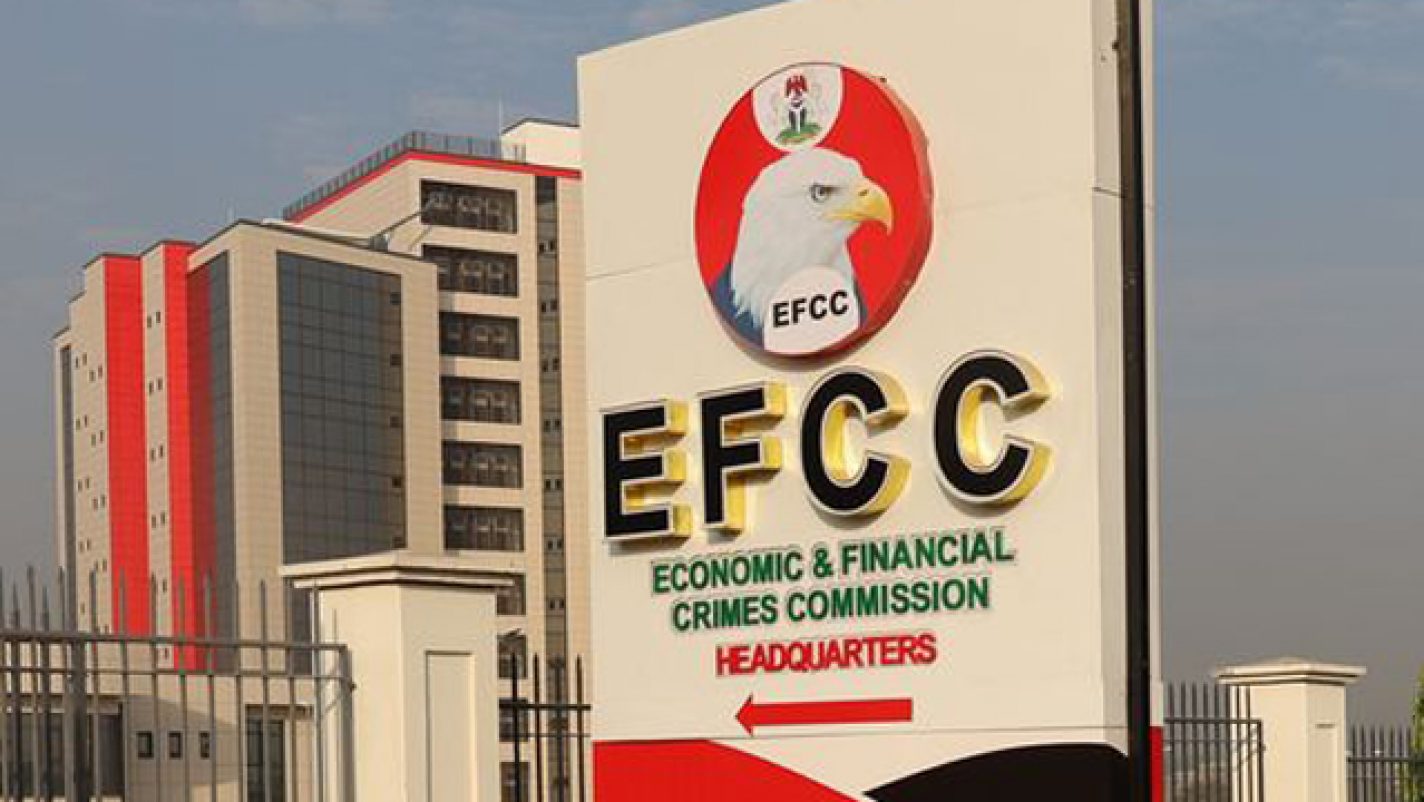



































Court jails popular TikToker and musician for naira abuse in Kano
 PASC
PASC
 BANK
BANK
 X
X
 APRIL
APRIL
 X
X
A Federal High Court in Kano has sentenced two prominent social media personalities to prison for abusing the Nigerian Naira. Abubakar Ibrahim, known as “G-Fresh,” a popular TikToker, and Hamisu Saíd Yusuf, aka “Hamisu Breaker,” a well-known musician, received five-month jail terms. The ruling, delivered by Justice S.M. Shuaibu, marks a significant enforcement of the Central Bank of Nigeria (CBN) Act, 2007.
The Economic and Financial Crimes Commission (EFCC) arrested the duo following incidents of Naira abuse in November 2024. Ibrahim faced charges for spraying and stepping on ₦14,000 in ₦1,000 notes while dancing at a shop in Tarauni Local Government Area. Yusuf, meanwhile, was accused of tampering with ₦30,000 in ₦200 notes during a social event in Hadejia, Jigawa State. Both pleaded guilty to the charges when presented in court.
The EFCC’s Kano Zonal Directorate brought the case forward. Prosecutor Zarami Mohammed presented evidence that led to the conviction. Justice Shuaibu sentenced each defendant to five months in prison, with an option of a fine in the tune of ₦200,000 each to avoid jail time.

Naira abuse falls under Section 21(1) of the CBN Act, 2007. This law prohibits actions like spraying, defacing, or mutilating Nigerian currency. The CBN aims to protect the Naira’s integrity as a national symbol and legal tender. Over the years, the practice of spraying money at celebrations has sparked debates. Many view it as a cultural trend, while authorities see it as a criminal offence.
The EFCC has ramped up efforts to enforce this law. Recent cases highlight a shift toward stricter penalties. This ruling sends a clear message to the public about the consequences of such actions.
Aside Kano Tiktoker, other notable cases of naira abuse
This case follows a series of notable prosecutions. In April 2024, cross-dresser Idris Okuneye, known as Bobrisky, received a six-month jail term for spraying Naira at events. The EFCC targeted him to set an example.
Similarly, businessman Pascal Okechukwu, aka Cubana Chief Priest, faced a three-count charge in April 2024 for spraying ₦500 notes for two hours during a social event. His case, adjourned to May 2, 2024, remains pending. More recently, in January 2025, the EFCC invited Wahab and Raheem Okoya, sons of billionaire Chief Razaq Okoya, for questioning over alleged Naira abuse. Raheem issued a public apology on X, claiming no harm was intended.

Meanwhile, the verdict has sparked mixed reactions on social media. Some Nigerians praise the EFCC for upholding the law. Others question the fairness of targeting individuals like Ibrahim and Yusuf. Posts on X highlight concerns about selective enforcement. Users asked why high-profile figures accused of similar acts face no consequences. Users like @ThegreatbossOnX noted the fine exceeded the abused amount, sparking further discussion. Critics like @boombanker demanded action against figures like Tompolo, suggesting bias against the less privileged.
Naira abuse has long been a cultural practice in Nigeria, especially at weddings and parties. Celebrities and influencers often flaunt this behaviour on social media. However, the CBN and EFCC argue it damages the currency’s lifespan and national pride.
This case is a landmark for the EFCC. It demonstrates the agency’s commitment to prosecuting Naira abuse, regardless of the offenders’ fame. The convictions could deter others from similar acts. Yet, it also raises questions about public awareness. Many Nigerians remain unaware that spraying money is illegal.

The CBN has not yet commented on this specific case. However, the bank has consistently campaigned against Naira abuse. In the past, it urged citizens to handle currency with care. The EFCC, through this action, aligns with that mission. Legal experts suggest the ruling could set a precedent for future cases.
As of press time, the defendants’ next steps are unclear. Will they pay the fine or serve time? The public awaits further updates. This case could influence how Nigeria addresses Naira abuse moving forward. It also highlights the tension between tradition and law enforcement in a digital age.
For now, the EFCC continues its fight against financial crimes. This ruling serves as a reminder of the agency’s reach. Nigerians watch closely as the story develops.

